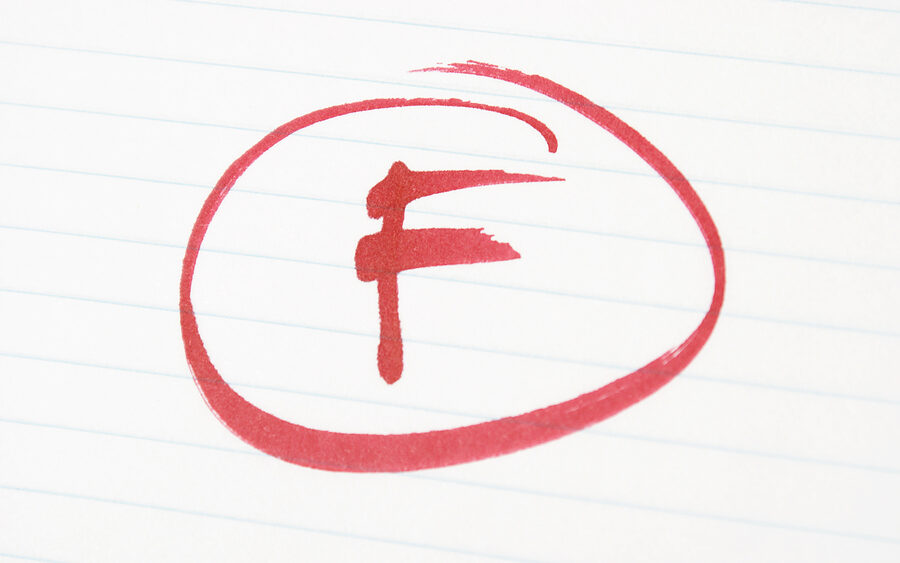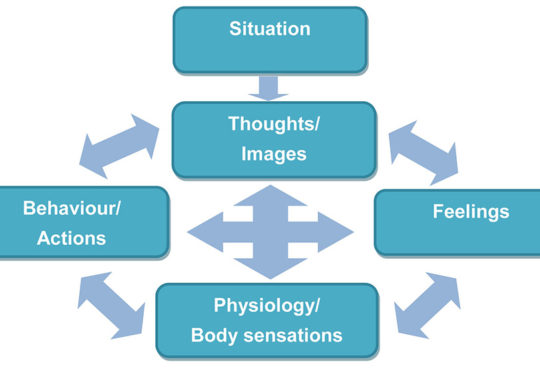I am not a parent yet. This blog is written from the experience I have of sitting with hundreds of clients who have spoken about their relationships with their parents/care givers/children. From this I have gleaned one thing that a lot of parents don’t seem to believe is true…
Your children need you to fail them sometimes.

I am using the word ‘fail’ because it’s a word that I most often hear from parents when talking about how they may have reacted/acted with their children. I DO NOT believe the word is actually accurate in the sense that I am going to be using it but I will use it for now for the purpose of making the point.
So, what do I mean by ‘failure’? I mean when a parent thinks they have done something wrong or acted in a way that means they are not a good parent. For example, getting angry at a child, making a mistake, shouting, crying in front of them, getting frustrated. Basically anything that the parent thinks may have a negative effect on the child’s wellbeing/development/character.

Let’s use getting angry at you child and shouting at them as an example. I was speaking to a mother the other day who was worried that they had got angry and shouted at their child. They had apologised to the child afterwards but still felt bad about it – still felt it meant they were not a good parent. My answer to them was that a child needs to experience anger from those people that it is closest to in order to know that it can be tolerated. They need to be able to understand that anger is not going to overwhelm them and mean the end of that relationship.

I have worked with adults whose parents tried never to show their anger, who tried to protect them from every harsh word or conflict and these adults now really struggle to believe that someone can be angry with them and still love them afterwards. They also do not feel that they are allowed to be angry. They cannot tolerate any anger or conflict.

Another example is where a parent tries to hide all their mistakes and imperfections; tries to never show any ‘negative’ emotions. They want to be the ‘perfect’ parent for their child. This can lead a child to grow up with unreasonable expectations of both themselves and others. It can lead to an adult who is petrified of making mistakes and not being perfect and of believing that others should be perfect as well.
So, I’m hoping you can start to see what I’m meaning when I’m talking about your children needing you to ‘fail’ them.
Now, what I am not saying is that it is ok for a parent to constantly ‘fail’ their child. What is necessary is balance.

In order to balance out the the types of ‘failures’ I talk about above a good parent needs self-awareness, self-acceptance and good communication skills.
I’ll use an example to explain what I mean by this:-

A young girl is climbing a tree in the back garden. The father runs out and shouts at her to get down now and then has a little rant about how the child knows it shouldn’t be climbing the tree alone etc etc. The girl starts crying and gets upset. A little bit later the father reflects on what happened. He realises that the anger came from fear. He fell out of a tree when he was a child and hurt himself quite badly and he was afraid that this might happen to his child. He feels upset with himself that he got angry at his daughter but accepts why he did and that this does not make him a bad father. So he goes to the child and apologises for getting angry. He explains why he was frightened and that it came out as anger. The child might still be upset but through this she has gained a better understanding of emotions and also knows that she can tolerate her father’s anger. She will come to understand that it does not mean that her father does not love her.
So, knowing why you have acted the way you have, accepting your own imperfections and communicating this to your child in a way they can understand is how to be a ‘good enough’ parent.

Try to accept that you will always do something that will have a supposedly negative impact on your child’s psychological development but this doesn’t necessarily mean you are a bad parent.
Think what it would be like if your child grew up thinking they were the best at everything, always loving themselves no matter what they did, always thinking they were faultless and brilliant and never doubting themselves. This could make them a pretty intolerable adult.
Raising an imperfect child that understands themselves, accepts themselves but strives to be better and is able to communicate with others is much more desirable.
If you have any comments or questions please feel free to Contact me.






Sorry, the comment form is closed at this time.